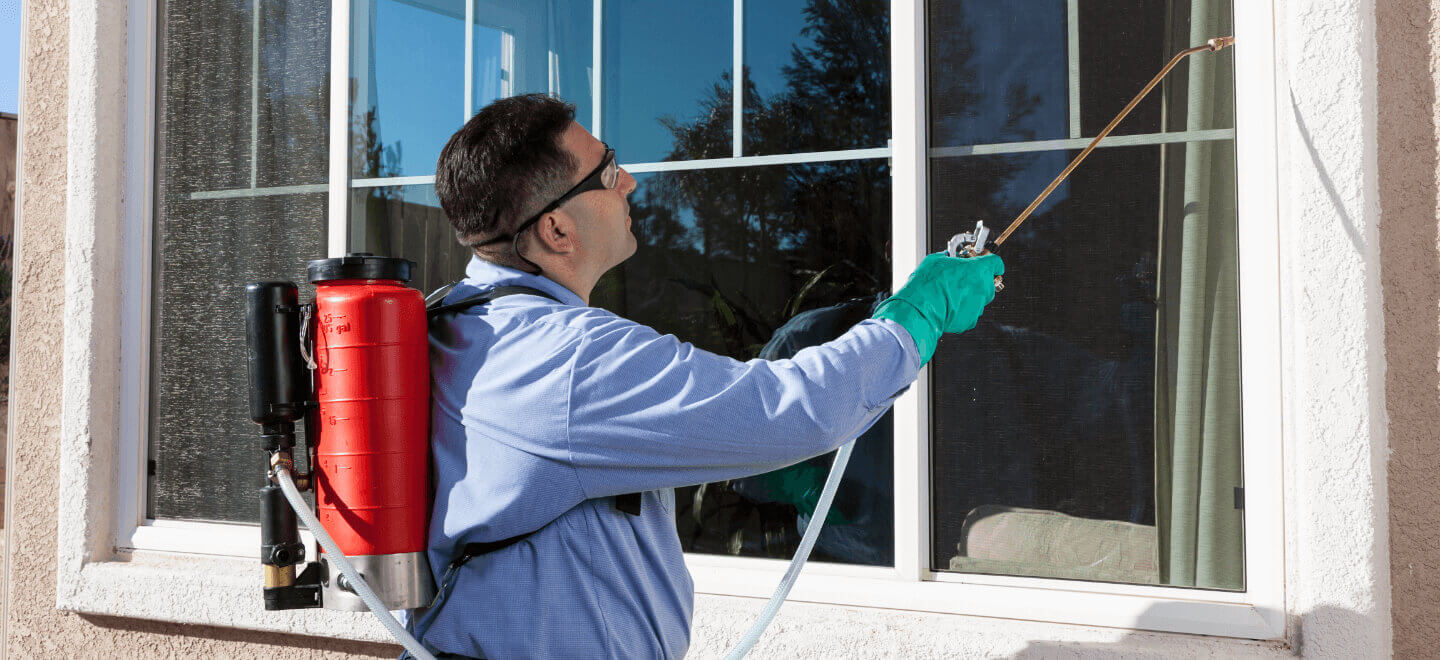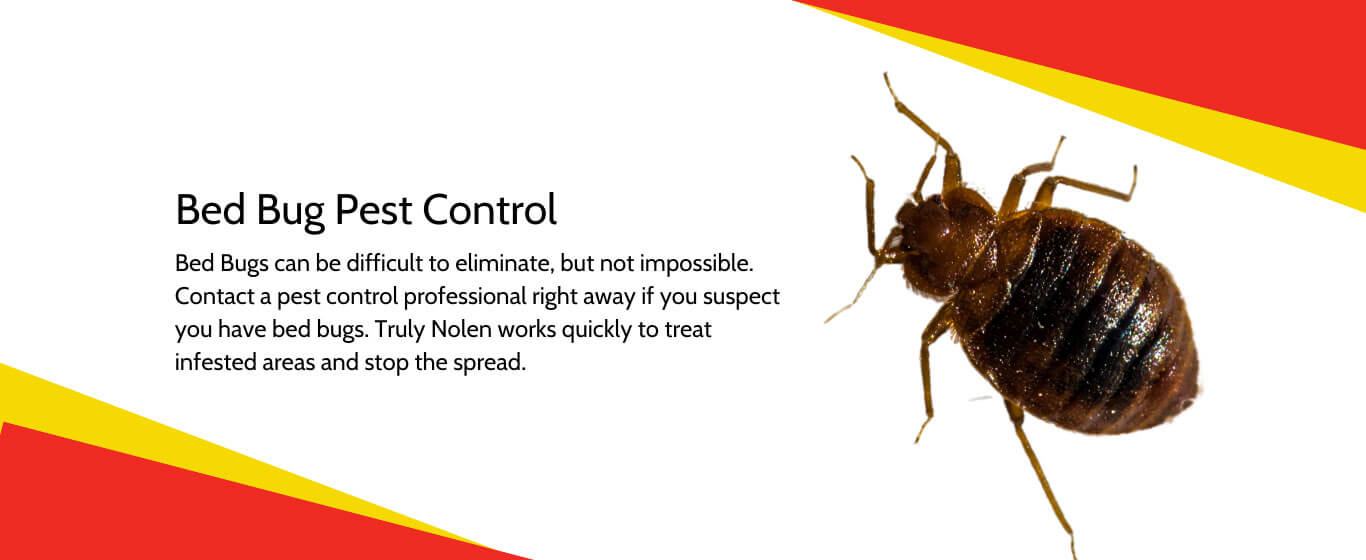Professional Wasp Control Coquitlam: Safe and Efficient Pest Removal
Professional Wasp Control Coquitlam: Safe and Efficient Pest Removal
Blog Article
Safe and Trusted Parasite Control for Lasting Security
The significance of secure and reputable pest control can not be overstated, specifically in an era where ecological issues are critical. Effective bug administration calls for a diverse strategy that balances eco-friendly integrity with the demand for efficient bug reductions. By exploring environment-friendly options and incorporated bug management methods, homeowners can achieve enduring protection versus intrusive types while guarding beneficial communities. Nevertheless, the nuances of these approaches may not be quickly clear, triggering a better evaluation of the techniques that can lead to sustainable insect control results. What steps can be taken to ensure both safety and effectiveness in bug management?
Understanding Bug Control Methods
Insect control includes a range of approaches targeted at handling and getting rid of unwanted insects and rodents that can endanger both wellness and residential property. Comprehending these approaches is important for efficient insect management.
The main classifications of bug control techniques consist of mechanical, biological, and chemical strategies. Mechanical approaches include physical barriers and traps to protect against parasite entry and capture undesirable varieties. For example, making use of displays on windows or utilizing sticky traps can considerably lower parasite populations without presenting damaging compounds.

Chemical bug control is commonly the most acknowledged approach, utilizing chemicals to get rid of parasites. These chemicals can be efficient yet need to be made use of with caution to prevent adverse effects on non-target types and the atmosphere.
Advantages of Eco-Friendly Solutions
How can environment-friendly remedies change parasite control methods? The adoption of eco-friendly bug control approaches provides countless advantages, dramatically improving the effectiveness and security of parasite monitoring.

One more advantage is the favorable effect on neighborhood biodiversity. Green remedies are created to target specific pests while preserving helpful bugs and wildlife, promoting a balanced ecosystem. This method aligns with the expanding consumer need for lasting methods, improving the credibility of bug control providers.
Integrated Parasite Monitoring Techniques
The application of green solutions normally brings about the adoption of Integrated Pest Administration (IPM) methods, which even more enhance bug control efficiency. IPM is an all natural strategy that combines several methods to manage bug populations while decreasing environmental impact. This method stresses making use of biological, social, mechanical, and chemical controls, making sure a well balanced and lasting technique of insect management.
One essential aspect of IPM is the detailed analysis of insect activity and environmental problems. By keeping track of pest populaces and determining their life process, specialists can execute targeted treatments that interfere with the bug's environment or lifecycle, reducing dependence on chemical pesticides. In addition, cultural techniques such as crop turning and environment adjustment can dramatically lessen parasite establishment and reproduction.
An additional critical part is making use of organic control agents, such as helpful pests or microbes, which can naturally subdue bug populations. When chemical applications are needed, IPM prioritizes using low-risk chemicals and uses them uniquely, minimizing exposure to non-target microorganisms and human beings.
Including IPM techniques not only enhances bug control effectiveness but also promotes a safer ecological community, lining up with the expanding demand for sustainable practices in pest management.
Safe Practices for Homeowners
Recognizing the significance of secure techniques in insect control can encourage property owners to successfully take care of bug issues while protecting their health and wellness and the atmosphere. Executing precautionary steps and non-toxic techniques is crucial in reducing direct exposure to dangerous chemicals.
Property owners need to first assess their environment for problems that draw in bugs, such as standing mess, food, and water waste. Regularly cleansing and sealing access factors can prevent insects from attacking the home. Utilizing natural deterrents, such as crucial oils or diatomaceous earth, can supply efficient choices to chemical pesticides.
When chemical therapies are required, house owners ought to go with products that are particularly identified as risk-free for property use. It is crucial to adhere to application standards diligently to stay clear of too much exposure. Making use of targeted therapies in locations where bugs are identified, instead than blanket splashing, can dramatically lower chemical usage.
Last but not least, preserving open interaction with bug control specialists is essential. Homeowners ought to make inquiries about the safety and security of items utilized and request eco-friendly choices whenever feasible. By adopting these secure practices, property owners can produce a healthier living atmosphere while properly handling bug problems.

Tips for Long-Term Protection
Developing an insect administration strategy that stresses long-term defense can significantly boost the effectiveness of the safe practices previously discussed. To attain this, homeowners ought to carry out normal inspections of their property, concentrating on hidden locations such as attic rooms, basements, and crawl areas. Early detection of bug activity is crucial in preventing invasions from holding.
These practices lower attractants that attract parasites right into the home. Securing access points, such as fractures around home windows and doors, can successfully block prospective insect accessibility.
Landscaping needs to likewise be thought about; maintaining plants cut and keeping a range in between vegetation and the home minimizes hiding places for pests. Making use of natural deterrents, such as vital oils or diatomaceous earth, can even more discourage infestations without considering rough chemicals.
Finally, collaborating with an expert pest control solution for periodic assessments can supply an additional layer of protection. These specialists can offer tailored recommendations and progressed therapies, making sure that your home stays protected versus insects in the lengthy term.
Conclusion
In conclusion, secure and reputable insect control requires a complex method that stresses eco-friendly approaches and integrated pest monitoring. By implementing all-natural deterrents, conducting normal examinations, and maintaining appropriate recommended you read cleanliness, residential or commercial property owners can dramatically lower bug populaces while protecting helpful pests and the atmosphere. Collaboration with specialist pest control services enhances the effectiveness of these methods, making sure customized solutions that provide long-term defense and satisfaction versus future problems.
Reliable insect management calls for a diverse method that balances ecological integrity with the need for reliable bug reductions. The adoption of environmentally friendly pest control approaches supplies various advantages, significantly improving the effectiveness and safety and security of bug management.The implementation of environment-friendly remedies naturally leads to the adoption of Integrated Insect Management (IPM) strategies, which additionally boost pest control efficacy. exterminator coquitlam. By keeping an eye on bug populations and identifying their life cycles, practitioners can carry out targeted treatments that disrupt the pest's environment or lifecycle, lowering reliance on chemical pesticides.In conclusion, safe and dependable insect control needs a multifaceted strategy that stresses environment-friendly approaches and integrated parasite administration
Report this page